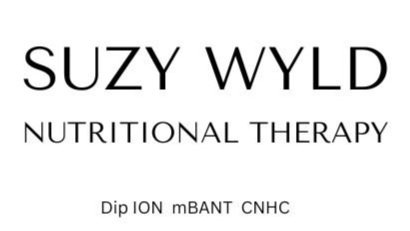Now we’re into autumn, we really need to think about vitamin D.
The sun is our major source of vitamin D which we absorb through our skin. Here in the UK we can only absorb enough between April and October, if the sun is out and we are out in it with our arms and legs exposed. Some of the hardy folk I know wear shorts nearly all year, but I don’t think I got my summer dresses on much this summer - we only seemed to have short bursts of hot sunshine.
Vitamin D regulates hundreds of genes, making it essential for health and optimal aging. For example, it is important for bone strength, gut health, skin health, hormonal health, brain health and auto-immune diseases.
The NHS recommends we all supplement with 400 IU of vitamin D from late September to April. Some people have a greater need, such as those with darker skins, the elderly and those who struggle with fat absorption, for example have coeliac disease, Crohn’s or ulcerative colitis. Other people’s vitamin D status is impacted by genetic variances which control its availability and response in the body. I have a variance on my vitamin D receptor gene, meaning I have a lower sensitivity to vitamin D, which may result in symptoms of insufficiency. I tend to need higher levels of vitamin D to achieve the same benefit as someone without this genetic variance.
Symptoms of vitamin D deficiency include osteoporosis, muscle weakness, back pain, mood disorders, brain fog, fatigue and hair loss. It’s also relevant for cardiovascular health, diabetes, migraines, allergies, blood pressure, cancer prevention, autoimmune diseases, immunity and general inflammation. So many jobs for it to do, and it can’t do them if you don't have enough!
Food sources include sardines, salmon, liver, egg yolk and sun exposed mushrooms.
I encourage my clients to get their vitamin D status checked regularly. This can be done easily at home with a finger prick test.
I can also help you test your genetics through Lifecode Gx, the nutrigenomics testing company. Their Nutrient Core report is a foundation genetic test which tests for your personal response to certain foods, vitamins and your metabolism.
